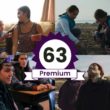We recommend what to watch at the 2020 Toronto Jewish Film Festival this weekend, including When Hitler Stole Pink Rabbit, Antisemitism, and The Crossing. Films are available across Ontario.
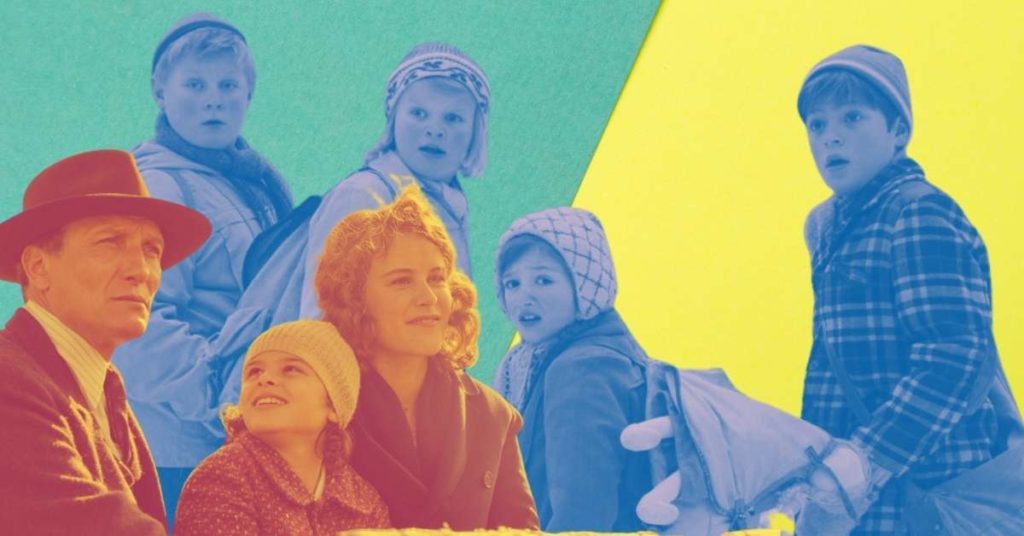
Discover one film you didn’t know you needed:
Not in the zeitgeist. Not pushed by streamers.
But still easy to find — and worth sitting with.
And a guide to help you do just that.
Toronto’s annual Jewish Film Festival is heading into its final weekend, and there are plenty of films to recommend, all available online across Ontario. Of course, with less than a week to go before the US election, it’s a particularly fraught time to be reflecting on Jewish identity. Watching the family in When Hitler Stole Pink Rabbit debate whether they should leave Germany before the election in case Hitler wins feels far too close to home in a time where the next US president may once again be a white supremicist. Reflecting on the confluence of antisemitic thought in France and Germany throughout the 20th century in Antisemitism has a particular urgency when the last US election led to swastikas showing up across the US and Canada. Nevertheless, there’s something cathartic about this annual opportunity to think about these issues and how others are dealing with them; it always makes me feel a little less alone.
This year, the showcase has gone online, after a successful online mini-festival held back in the spring. The fall showcase has thus far already featured some of our favourites from the festival circuit, including Judith Helfand’s Love & Stuff and Emma Seligman’s Shiva Baby. But the final weekend of the festival is where the best new-to-me films are showing, starting today with When Hitler Stole Pink Rabbit. Here’s a look at some of the highlights you can still catch at the festival.
When Hitler Stole Pink Rabbit (Caroline Link)
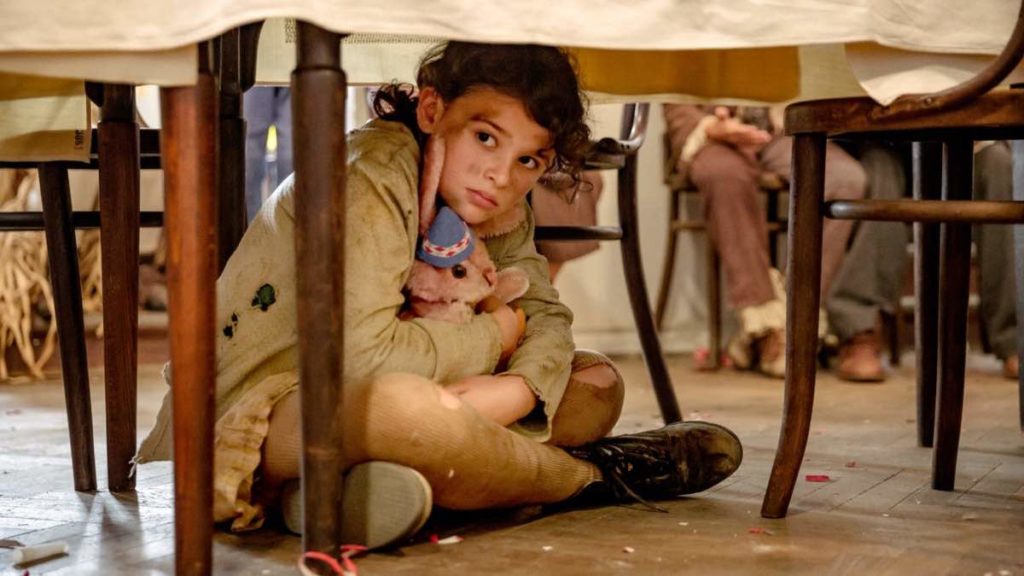
Judith Kerr’s beloved children’s novel gets a worthy adaptation from German director Caroline Link in this film that balances the hardships and fear of being a refugee with the optimism of childhood. As the 1933 German election looms, Anna Kemper’s (Riva Krymalowski) father, Arthur (Oliver Masucci), a prominent Jewish intellectual, gets a warning that if Hitler wins, he’s at the top of the list to be rounded up for arrest. The next day, he flees the country, and Anna, her brother, Max, and their mother, Dorothea (Carla Juri), follow soon after, leaving behind their large family home and bourgeois lifestyle for an increasingly difficult life abroad as refugees.
The film follows them to Switzerland and then France, as the children must learn to start over each time with new friends and a new language, while their father tries desperately to get work to support them. They’re often hungry, never sure how long they’ll be in one place, and move to increasingly shabbier homes, but are held together by the strength of their familial bond. There’s a danger in stories like this, told from a child’s perspective, that escaping the Nazis could seem like a great big adventure, rather than something hard and scary, even if they avoided something scarier still. But Link is careful to balance the excitement with the harsh reality, the way they have to occasionally find a way to enjoy themselves — say, by trying French Oysters — even when it means they won’t be able to replace the lightbulbs.
The Crossing (Flukten over grensen) (Johanne Helgeland)
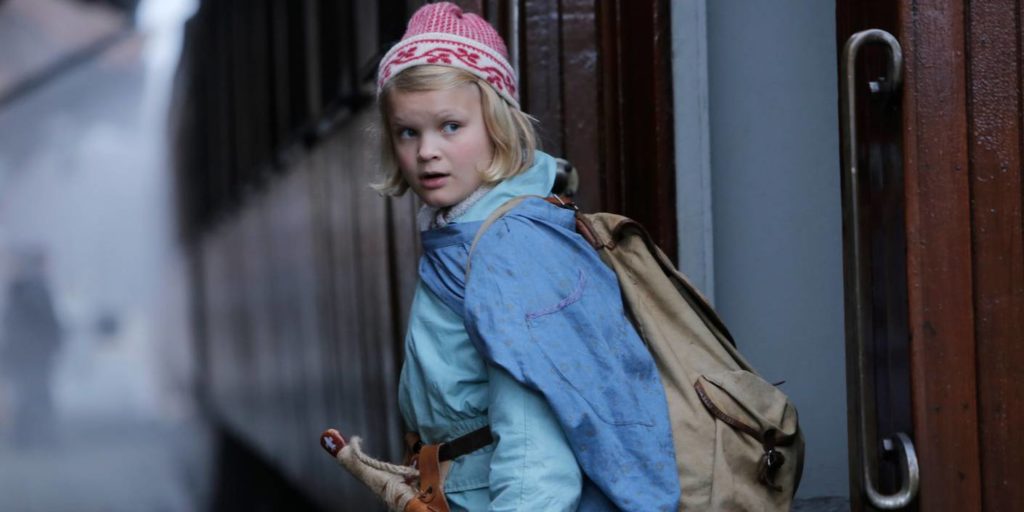
In a similar vein as When Hitler Stole Pink Rabbit, The Crossing is another story of an escape from Nazis told from the children’s point of view. There’s even a nod to Kerr’s novel when the young Jewish girl loses her most cherished doll while on the run from the Nazis. Whereas When Hitler Stole Pink Rabbit centres the experience of a young Jewish girl, The Crossing centres the experience of the Norwegian brother-and-sister gentiles who help a pair of similarly-aged Jewish siblings escape the country to Sweden.
Ten-year-old Gerda (Anna Sofie Skarholt) dreams of being one of Alexandre Dumas’s musketeers, so when she discovers her parents have been hiding a pair of Jewish siblings from the Nazis, she jumps at the opportunity to show her heroism. With her parents arrested under suspicion for helping these children, Gerda enlists her older brother, Otto (Bo Lindquist-Ellingsen), who recently attended a Nazi rally and thinks they may have a point, to help her usher the children to safety. What follows is a nail-biting thriller, but a somewhat problematic one, as the two Jewish children — Daniel (Samson Steine) and Sarah (Bianca Ghilardi-Hellsten) — are never developed beyond the stereotypes that make them seem like the “other” to Otto. Instead, their very scary hardship is a chance for the gentile siblings to show their might, even if a tentative friendship forms between the two families along the way.
Antisemitism (Ilan Ziv)
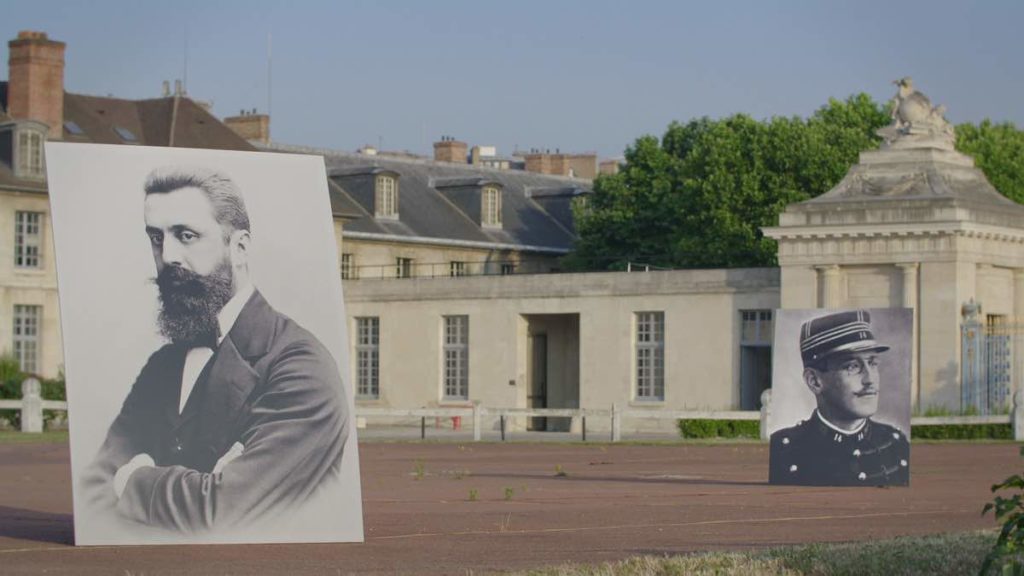
Not for the faint of heart, Ilan Ziv’s fascinating and harrowing documentary Antisemitism traces the seeds of antisemitism in France, particularly in the 20th century. Ziv pinpoints the Dreyfus Affair, in which a Jewish general was framed and then publicly humiliated for a crime he didn’t commit, as a turning point in antisemitism, which led an Austrian journalist who covered it to start talking about founding a Jewish state. At the head of Dreyfus’s accusers was Édouard Drumont, a French writer who would define the path of antisemitic thought for the century to come. Ziv shows how medieval ideas about ‘The Jew’ were repurposed to create a kind of boogeyman enemy in Jews who are, as the film’s voiceover describes, ‘like us, but not us’. Most interesting is how Ziv’s subjects differentiate between the mythology of the Jew — often based on stories told by people who had never even met a single Jew — and the lived experience of Jews, and how Jews became a lightning rod for dissatisfaction and hate that had nothing to do with them as people.
Through interviews with Jewish historians and intellectuals, coupled with horrifying images of how Jews have been depicted in France and beyond, Ziv draws a throughline from the Dreyfus Affair to Vichy to more recent antisemitic crimes in France. At the same time, Ziv examines France’s unique history of offering citizenship to its Jewish inhabitants when no other European country would, dating back to the French revolution, and how the anti-discrimination statutes written down in law were not necessarily applied. By setting many of the film’s interviews (and voiceover) in the hallowed halls of courthouses and other institutions, Ziv draws attention to the fallacy of the French national motto “liberté, égalité, fraternité” when basic rights have been and continue to be denied to Jews.


